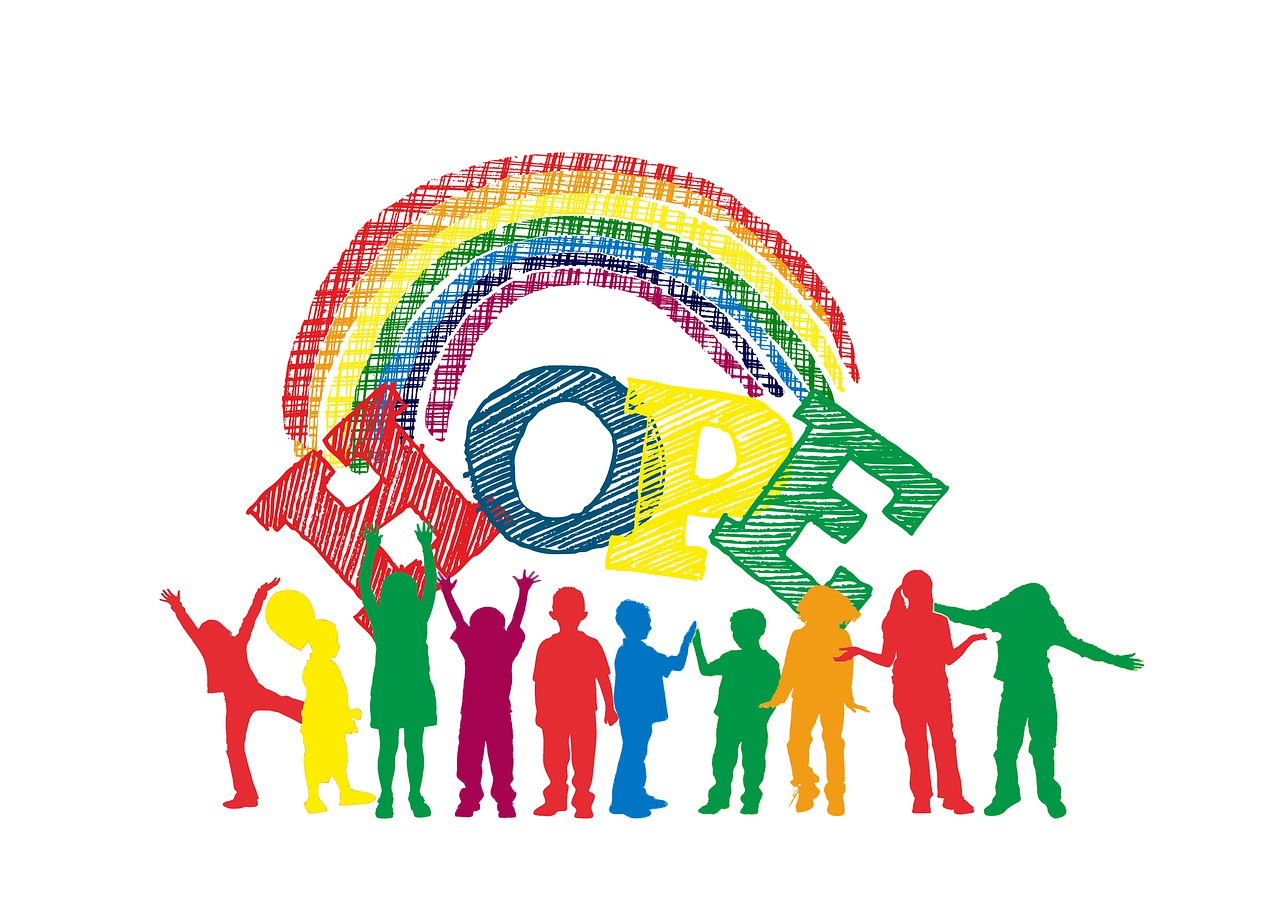Conclusion by Dayna Schimke
Schools can be a place of sanctuary or a place of fear and dread for the traumatised child. Danger may take many forms – the threat of a suspension, the mocking tone of a peer’s comments or the potential to appear weak or incompetent. Such experiences are perceived as a disruption or disappointment to some children but as a life threat to others. The scholars in the preceding chapters have discussed how our bodies and brains are engineered for survival. The acknowledgement of these perceptions among students, and the need for the facilitation of physical and psychological safety is the challenge of trauma-informed educators.
How can teachers support our most vulnerable children? Small gestures, skilful accommodations, and tactful communication. Small victories in class turn into successful days. Small celebrations that become enjoyable weeks. While success at school is often measured in grades and rewards, there is much learning that occurs in the day-to-day interactions at school that is often overlooked. Children are constantly learning about their world, their emotions, their bodies, and their relationships. In this way, the experience of education is more than the prescribed curriculum. The experience of education is the experience of the school community.
A whole school approach is fundamental to the success of creating a culture where not only children with trauma are well understood and supported, but teachers’ well-being and self-care are also supported. Trauma-informed education is about resisting the re-enactments of control and coercion at all levels – from students, their families, and with staff. All successful educational leaders understand the risks of allowing systemic pressures to undermine the autonomy and flexibility of teachers. Children with complex needs require agile educators – those who have a deep understanding of their students and the role of pedagogy in helping them achieve learning. A repeated message throughout the book is that educators require the support of the whole school community for trauma-informed practice to be embedded successfully.
I hope that reading these stories has inspired you to learn and embed trauma-informed practices into your daily teaching. I hope you’ve become moved to understand the traumatised child and change the relationships you have with your most vulnerable students – to be unrelentingly genuine, compassionate and, most importantly, hopeful.
I want to thank you for allowing yourself time and space to read this book. Learning is an act of great vulnerability and bravery, and teaching is a wonderous act of care. You are the most important resource for the future of our children. Thank you for all that you do for your students.
Dayna Schimke, MPsych
Registered Psychologist


